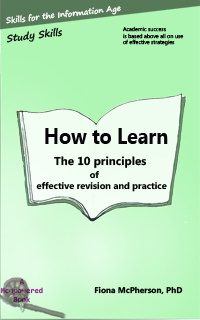McPherson - Conor McPherson Plays One
Here you can read online McPherson - Conor McPherson Plays One full text of the book (entire story) in english for free. Download pdf and epub, get meaning, cover and reviews about this ebook. City: Erscheinungsort nicht ermittelbar, year: 2014, publisher: Nick Hern Books, genre: Detective and thriller. Description of the work, (preface) as well as reviews are available. Best literature library LitArk.com created for fans of good reading and offers a wide selection of genres:
Romance novel
Science fiction
Adventure
Detective
Science
History
Home and family
Prose
Art
Politics
Computer
Non-fiction
Religion
Business
Children
Humor
Choose a favorite category and find really read worthwhile books. Enjoy immersion in the world of imagination, feel the emotions of the characters or learn something new for yourself, make an fascinating discovery.
- Book:Conor McPherson Plays One
- Author:
- Publisher:Nick Hern Books
- Genre:
- Year:2014
- City:Erscheinungsort nicht ermittelbar
- Rating:4 / 5
- Favourites:Add to favourites
- Your mark:
- 80
- 1
- 2
- 3
- 4
- 5
Conor McPherson Plays One: summary, description and annotation
We offer to read an annotation, description, summary or preface (depends on what the author of the book "Conor McPherson Plays One" wrote himself). If you haven't found the necessary information about the book — write in the comments, we will try to find it.
Conor McPherson Plays One — read online for free the complete book (whole text) full work
Below is the text of the book, divided by pages. System saving the place of the last page read, allows you to conveniently read the book "Conor McPherson Plays One" online for free, without having to search again every time where you left off. Put a bookmark, and you can go to the page where you finished reading at any time.
Font size:
Interval:
Bookmark:

The Good Thief
This Lime Tree Bower
St Nicholas with a Foreword and Afterword by the Author
 NICK HERN BOOKS London www.nickhernbooks.co.uk ContentsForeword I was watching a TV programme the other night, the thesis of which was that Irish playwrights failed the Irish people during what was known as the Celtic Tiger period (roughly 19952007), when unprecedented prosperity raged through Ireland. The presenter of the show suggested that while Irish theatre had a duty to warn audiences that our fleeting prosperity was about to lead us to doom, in fact plays from this period tended to avoid political issues entirely. Given that I was extremely active as a playwright during these years I have to throw my hands up and say in one sense Im guilty as charged because Ive never written a play ostensibly about economics or politics. Suffice to say this TV programme got me thinking about what politics in the theatre really means, and what it means for the plays in this volume. Its twenty years since Rum and Vodka was written and performed. I was twenty years old when we did it.
NICK HERN BOOKS London www.nickhernbooks.co.uk ContentsForeword I was watching a TV programme the other night, the thesis of which was that Irish playwrights failed the Irish people during what was known as the Celtic Tiger period (roughly 19952007), when unprecedented prosperity raged through Ireland. The presenter of the show suggested that while Irish theatre had a duty to warn audiences that our fleeting prosperity was about to lead us to doom, in fact plays from this period tended to avoid political issues entirely. Given that I was extremely active as a playwright during these years I have to throw my hands up and say in one sense Im guilty as charged because Ive never written a play ostensibly about economics or politics. Suffice to say this TV programme got me thinking about what politics in the theatre really means, and what it means for the plays in this volume. Its twenty years since Rum and Vodka was written and performed. I was twenty years old when we did it. In Ireland at that time emigration was rampant. The eighties had seen huge unemployment and a kind of drabness pervaded everything. However, I remember there was a feeling in the air that the nineties could be a time for positive change. Mary Robinson had just been elected as our first female president. After the Irish soccer team had reached the quarter finals of the World Cup, anything felt possible. By the mid-nineties as borders melted away in the European Union, money and trade began to flow our way.
There was a confidence none of us could remember feeling before. Coincidently, in my own field, a wave of young playwrights was flooding theatres in London, New York and beyond. Our work was being translated into many languages. It seemed as though the world was suddenly interested in what it meant to be Irish. We represented a place where a horrendous past met a glistening future and where tradition evolved. The old monolithic enemies of change seemed to wither.
Contraception was finally available in the shops. Divorce was no longer considered a fate worse than death. Single-party government was no longer possible because it just wasnt cool any more. Young Irish people were tired of what Irish politics had meant for so long. For us it was a term tangled up in the violence and sectarianism of our past but finally, thankfully, that all seemed to be winding down with the signing of the Good Friday Agreement. The emergence of the Progressive Democrats, a party committed to low taxation and small government, had a massive influence.
The new key to prosperity was light-touch regulation, i.e. banks and businesses needed space to prevail so governments should butt out, keep taxes low and ensure credit was unfettered. Once this idea caught hold in Ireland, a country so accustomed to poverty, it seemed like the money tap would never be turned off. Books were written about our rapid economic transformation and we were held up as an example to developing countries all over the world. But then something darker happened, perhaps around the turn of the millennium. The insecurity at the heart of the Irish psyche reared its wild sleepy head and roared Surely to Jaysus this cant last! And it no longer seemed to be enough to have a job and support your family; now it felt important to shore up ones nominal wealth in order never to be poor again.
One must remember that just four or five generations previously, Ireland had experienced a catastrophic famine which altered Irish society indelibly. Deep in the Irish heart lay this almost unspoken, and truly haunting, worst-case scenario. Owning property was a blanket which kept away the bite of fear. No matter how good things seemed to be, many of the burgeoning Irish middle class were compelled to attain what they had never had before; a family house, a holiday home, and a couple of apartments to rent out as an investment. Usually each of these was obtained by securing a mortgage on the other in a draughty house of cards. All these mortgages didnt seem like a problem at the time because property prices just kept rising.
As soon as youd bought a property you had made money on it, so European banks were happy to lend to Irish banks who were desperate to lend to Irish people. So a construction rampage ensued. By the mid-2000s developers were building apartment blocks for foreign workers to come and live in while they built apartment blocks for foreign workers to come and live in while they and bang, in September 2008 the credit crunch arrived. The cheap foreign money disappeared. It was payback time and we couldnt pay. Our economy promptly collapsed, our banks all went bust, and the whole desperate, delusional frenzy ended in a mountain of personal debt.
The state stepped in to guarantee the entire countrys borrowing responsibilities but it was a disastrous bluff. We staggered on for a while but before long we ended up in the arms of the International Monetary Fund, powerless and back where wed started in 1990. In fact it was worse, because now unemployment and emigration had returned and we owed everybody a fortune. A litany of blame blazed across our radio airwaves for months on end. Everyone suddenly had something to say. Whereas during the Celtic Tiger nothing seemed political only economic now everything was political.
Horrifyingly, even a group of newspaper columnists and sports commentators banded together to declare their political intentions. However, when they suddenly backed down we realised that only professional politicians truly wanted the impossible job, because it was the only job they had. So there I was the other night, watching this TV programme about how Irish playwrights apparently failed to write about all this stuff, but over the next few days I began to wonder if the programme was actually missing the point of what art does and how time reveals it. I had a look back over the successful plays from the time and speculated if (like looking at the rings in a fallen tree) its possible to argue that our theatre history contains the unmistakable mark of its climate at this time. The nineties in Irish theatre will probably always be associated with the monologue. Almost every successful new play that emerged from Ireland at the time had an element of direct storytelling.
It was as though the crazy explosion of money and stress was happening too close to us, too fast for us, making it impossible for the mood of the nation to be objectively dramatised in a traditional sense. It could only be expressed in the most subjective way possible because when everything you know is changing, the subjective experience is the only experience. For example, a seemingly modest play like Eden by Eugene OBrien which consisted of a married couple speaking directly to the audience for two hours in the Abbey Theatres studio space became a smash hit. It was revived, toured and transferred to the bigger Abbey space, returning again and again over a period of about two years. It even made it to the West End (where admittedly the British critics scratched their heads and wondered at its native popularity). I would suggest that the hunger for this kind of highly personal work was unprecedented because the whole phenomenon of living in Ireland at the time was unprecedented.
It has been argued elsewhere that a secular need flooded the space left by the disgraced Catholic Church and a contemporary dearth of true political leadership. We still had souls, but we just couldnt trust anyone with them any more. Thus monologue theatre flourished because it was a mirror which took you inside your own eye. The work had to become more private and the humour more painful in order to reflect the mood of an audience who didnt feel like they were living in a sustainable reality on any level. Big old state of the nation plays simply couldnt have reflected that feeling, I dont think. The dramatic problem was far subtler than before so the successful plays of the time took a subtler approach.
Font size:
Interval:
Bookmark:
Similar books «Conor McPherson Plays One»
Look at similar books to Conor McPherson Plays One. We have selected literature similar in name and meaning in the hope of providing readers with more options to find new, interesting, not yet read works.
Discussion, reviews of the book Conor McPherson Plays One and just readers' own opinions. Leave your comments, write what you think about the work, its meaning or the main characters. Specify what exactly you liked and what you didn't like, and why you think so.

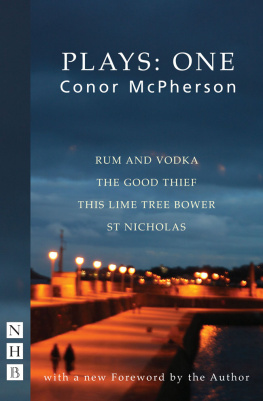
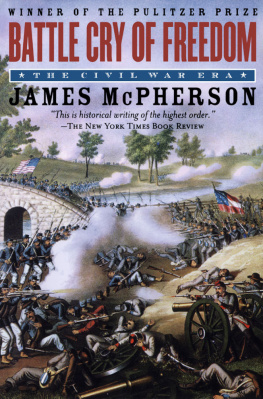


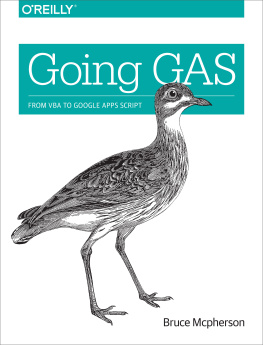
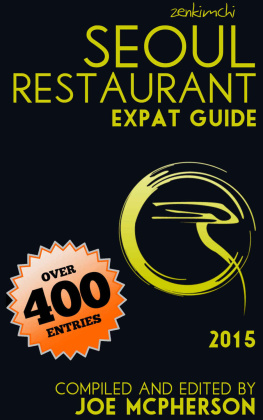
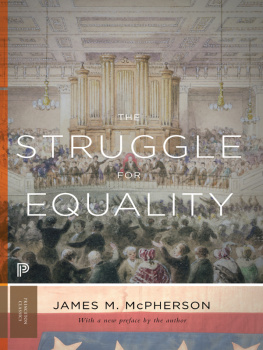
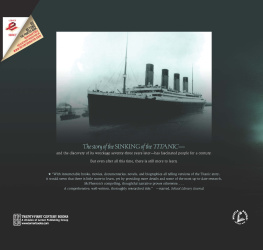
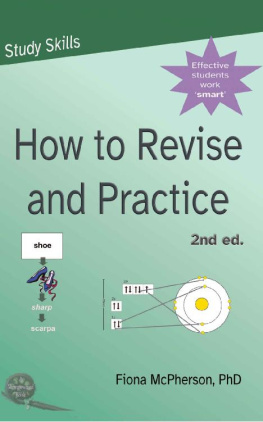

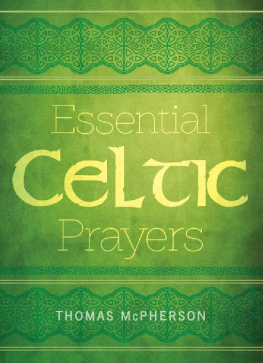
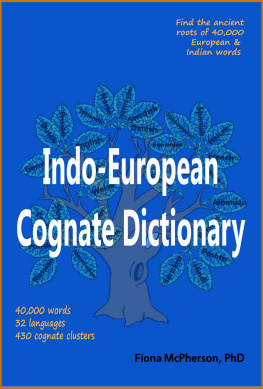

![Catriona McPherson [Catriona McPherson] - A Step So Grave](/uploads/posts/book/140719/thumbs/catriona-mcpherson-catriona-mcpherson-a-step-so.jpg)
